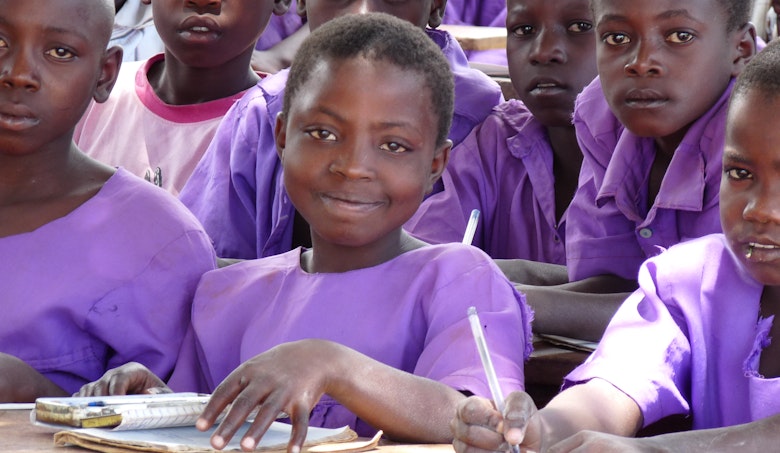Uganda: Back to a non-violent school
As Uganda prepares for schools' reopening, the Joining Forces Coalition is calling upon the Government, communities and schools to prioritise ending violence against children in and around schools.
Violence Against Children
Violence Against Children (VAC) is common and widespread within homes, communities and schools. Children are exposed to sexual, physical, and emotional violence, with little to no protection. Violence has direct effects on the social, emotional, physical and cognitive development of a child. Victims of violence suffer a wide range of negative effects, including maiming, teenage pregnancy, Sexually Transmitted Diseases (STDs), dropping out of school, and death. VAC is also cyclical in nature; research indicates that children who have suffered violence are likely to experience violence as adults or become violent themselves.
Situation in Uganda
According to the 2018 VAC Nationwide Survey, three out of four Ugandans experienced violence in their childhood. Among 18 to 24-year-olds interviewed, one in three girls and one in six boys reported experiencing sexual violence during their childhood. The report further illustrates that more than half of all children in Uganda have experienced physical abuse.
The outbreak of COVID-19 and its associated public health concerns that resulted in measures to quarantine its spread, highlighted the weaknesses in child protection systems and mechanisms. Uncertainty and prolonged periods confined to the home led to an increasingly stressful environment exposing children to various child protection risks. Save the Children's Protection Assessment on the Impact of COVID-19 in Uganda (2020) found that children were increasingly vulnerable and at risk from an increase in violence and abuse, stress, poverty, and hazardous coping strategies such as child labour and chid marriage.
Return to normalcy
The Joining Forces Coalition greatly welcomes the decision to reopen schools for all children and acknowledges the protective environment that schools provide to learners. Return to normalcy is urgently needed for the psychosocial well-being of children who have seen the school routine broken for more than a year. However, research reveals that schools in Uganda are not entirely violence-free. In the 2018 Uganda Violence Against Children survey, teachers were found to be the most frequent perpetrators of violence against children. It is also anticipated that the change in the school calendar and shorter school terms, coupled with the loss of learning in the past year, may cause pressure on teachers to ensure children perform and catch up quickly with the syllabus, which could lead to negative forms of disciplining such as corporal punishment.
Positive disciplining methods
The Coalition is calling on teachers to use ‘positive discipline’ approaches in schools instead of corporal punishment. Children behave and learn better when they feel safe and supported, not when they are afraid. Schools must ensure a safe environment that does not tolerate beating and in which children can participate, learn freely and thrive. Through a directive, schools should be instructed to end corporal punishment and other forms of VAC, and promote positive disciplining methods.
About the Joining Forces Coalition
The Joining Forces Coalition is a global alliance of six of the world’s leading child rights organisations: Child Fund, Plan International, Save the Children, SOS Children’s Villages, Terre des Hommes and World Vision. The coalition members build on years of experience addressing VAC in Ugandan schools and coordinate closely with other key influencers including Government departments, national NGO networks, teachers’ unions and religious bodies, and complement existing work by development actors at the policy level.

